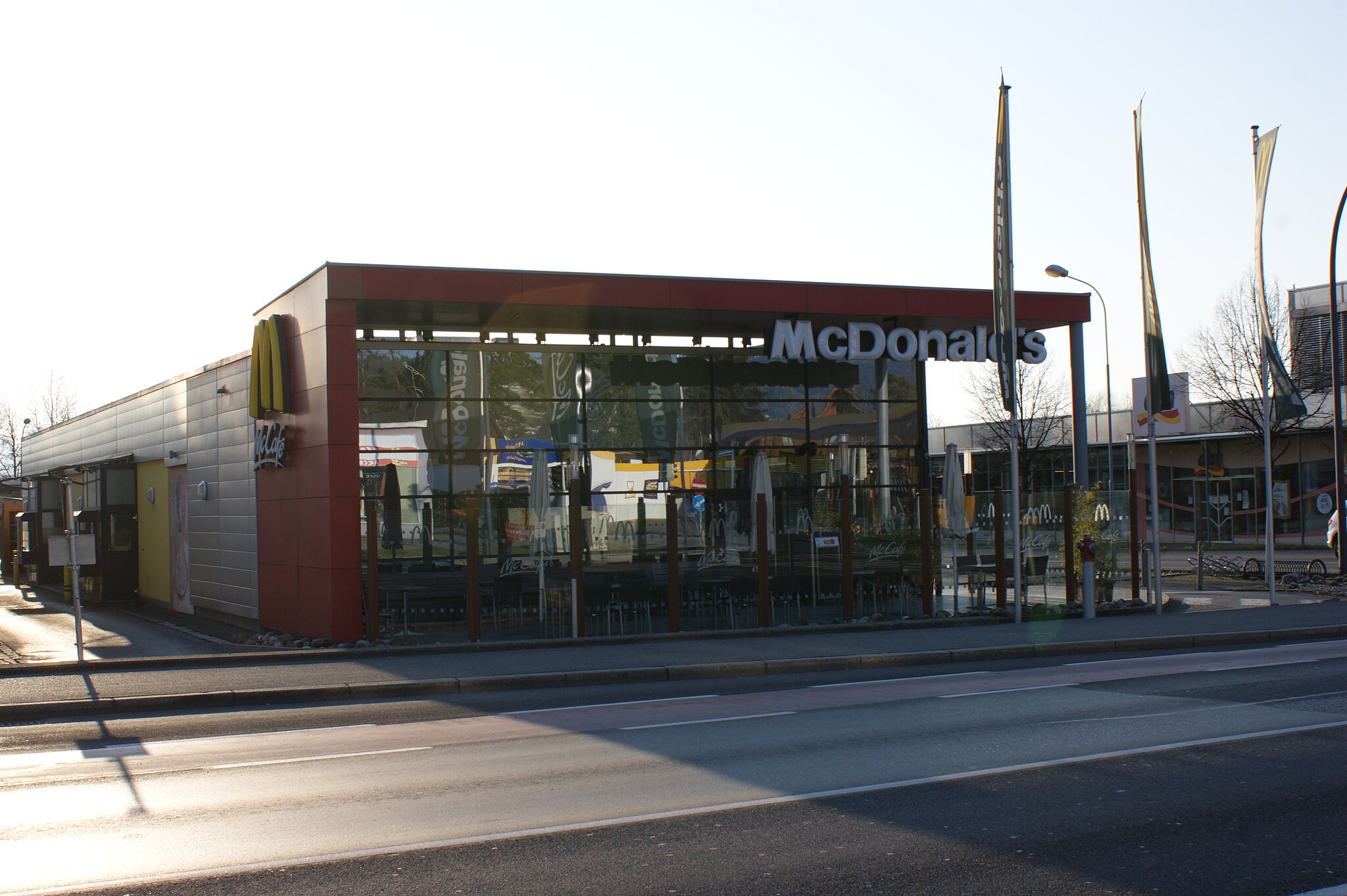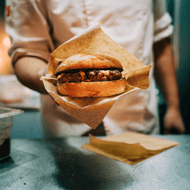French Towns vs. the Big Mac
Posted by Emily on 1st Nov 2023 Reading Time:
The residents of Sérignan-du-Comtat, a picturesque village in Provence, were appalled to discover this summer that their local restaurant was about to become a McDonald’s. More than 800 of them have signed a petition opposing the move, and a campaign has been launched with the slogan “Pas de Big Mac à Sérignan” - No Big Mac in Sérignan.
 Asurnipal, CC BY-SA 4.0, via Wikimedia Commons
Asurnipal, CC BY-SA 4.0, via Wikimedia Commons
They could be fighting a losing battle, however: two studies published by the newspaper Le Figaro suggest that fast food is spreading through the provinces and that French attempts to offer an upmarket version of the burger bar or kebab outlet are mainly failing.
The research made dismal reading for gastronomic traditionalists in Sérignan-du-Comtat and elsewhere. Using data provided by Smappen, a geomarketing firm, Le Figaro revealed that towns in regions long viewed as bastions of haute cuisine were now swamped by fast-food outlets. Mâcon in Burgundy, for instance, has 18 restaurants serving burgers, 19 specialising in tacos and ten in kebabs, Le Figaro said. Givors, a small town near Lyons, has nine burger restaurants, nine offering tacos and eight specialising in kebabs. Bourg-en-Bresse, long known for producing chickens for the country’s finest chefs, now has a total of 45 fast-food restaurants.
There are more than 52,000 fast-food restaurants nationwide, an increase of 13,000 in the past two decades. Observers say the trend shows that although the French have often protested against installing fast-food outlets, they flock to them once they are open. McDonald’s, for instance, has 1,536 outlets in France, more than anywhere except the US, China, and Japan.
French chefs initially moaned about the arrival of US junk food but in recent years they have changed tack, with many deciding that they would be better off trying to improve the concept. Take Hélène Darroze, the Michelin-starred chef who is in charge of The Connaught in London: she opened an upmarket burger bar in Paris but it closed two weeks ago after operating for only a few months.
Darroze is not alone. According to the Altares consultancy, the number of fast-food outlets going bust has risen by 28 per cent over the past year compared with 2022. The sector’s average profit margin fell from 8.2 per cent in 2021 to 5.9 per cent last year.
 Phillip Pessar, CC BY 2.0, via Wikimedia Commons
Phillip Pessar, CC BY 2.0, via Wikimedia Commons
Observers say the slump is mainly attributable to the failings of French fast-food restaurants seeking to offer better, healthier and more expensive dishes than their US counterparts. “Many of these restaurants are the fruit of entrepreneurial wishes born during Covid,” Bernard Boutboul, founder of Gira Conseil, a leisure sector consultancy, told Le Figaro. “Many of these business people are not always great restaurant professionals, and they are starting to pay the price.”
US chains have made no such mistake and seem to be doing better than ever, with KFC, for instance, planning to open several dozen new outlets next year in France.
The trend is causing alarm among health and consumer watchdogs. Consommation Logement Cadre de Vie, a consumer association, published a study warning that young people were eating in fast-food chains too often and having too many chips and fizzy drinks. The association said a typical lunch at a fast-food outlet represented 59 per cent of the recommended daily calorie intake for a teenager.
In Sérignan-du-Comtat, La Garrigue restaurant, which used to serve traditional French fare, is closed and McDonald’s has planning permission to open in its place. Julien Merle, the mayor, backs opponents of the switch. “This village is poles apart from the values carried by McDonald’s,” he said.
But Merle added that there was nothing he could do to prevent the arrival of the fast-food chain.

